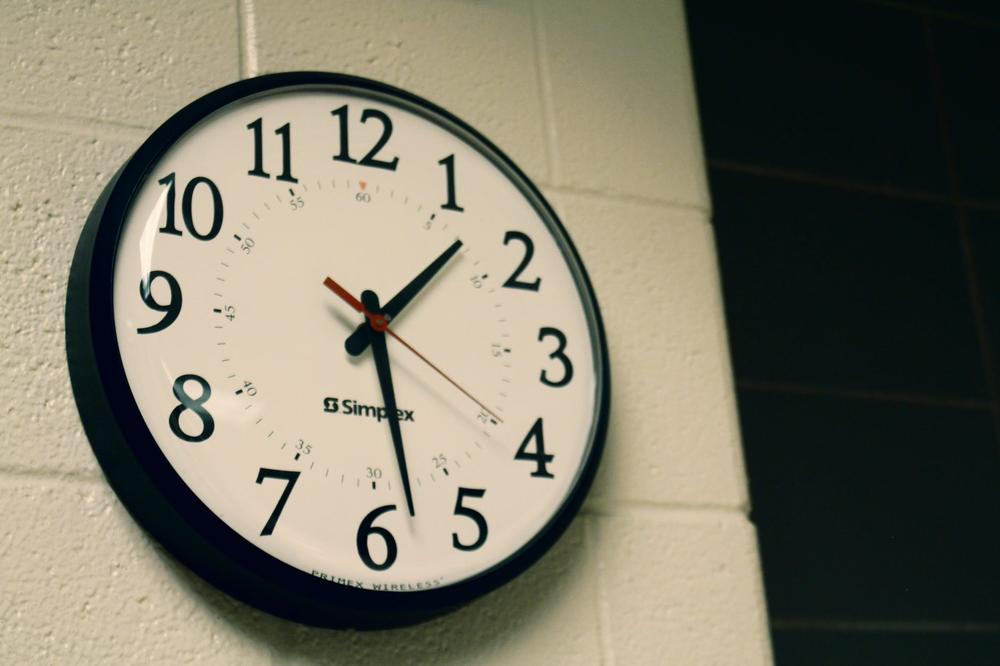
Caption
Only two states – Hawaii and Arizona – remain on standard time all year, as do the overseas U.S. territories of Puerto Rico, American Samoa, Guam, the Northern Marianas Islands and the U.S. Virgin Islands.
Credit: Pexels/Shawn Stutzman

